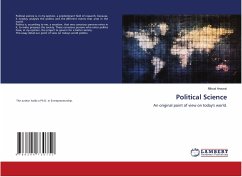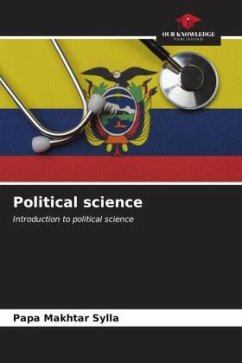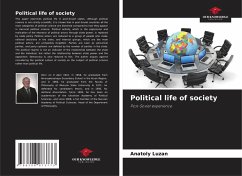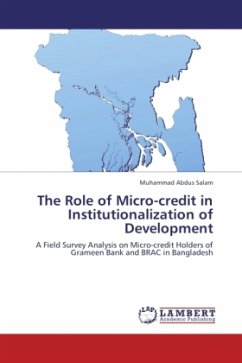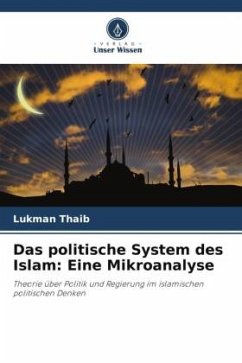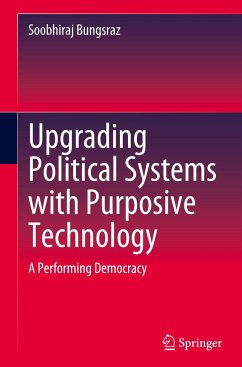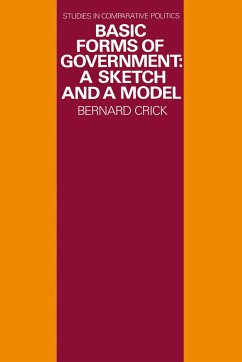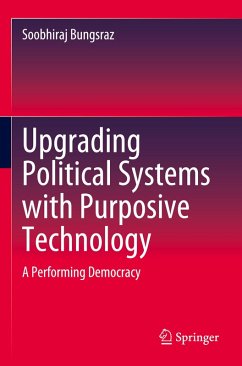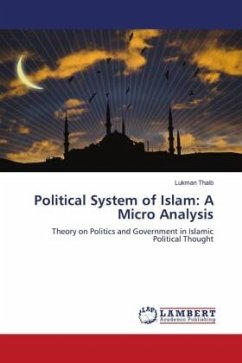
Political System of Islam: A Micro Analysis
Theory on Politics and Government in Islamic Political Thought
Versandkostenfrei!
Versandfertig in 6-10 Tagen
53,99 €
inkl. MwSt.

PAYBACK Punkte
27 °P sammeln!
"Political system of Islam: A Micro Analysis " explains that Political Science or Islamic Political Thought in Islam is not an independent discipline, but it is a part of its religious teaching. According to the Islamic ideology the roots and origin of all social and political institutions including the government are derived from religion. But the government was in no way superior to other institutions derived from doctrines, nor was it in any sense more secular.In the past the questions related to theories of politics and governance (al-siyasah) of the community fell within the province of c...
"Political system of Islam: A Micro Analysis " explains that Political Science or Islamic Political Thought in Islam is not an independent discipline, but it is a part of its religious teaching. According to the Islamic ideology the roots and origin of all social and political institutions including the government are derived from religion. But the government was in no way superior to other institutions derived from doctrines, nor was it in any sense more secular.In the past the questions related to theories of politics and governance (al-siyasah) of the community fell within the province of canonical jurisprudence (al-fiqh studies). In order the political life may be regulated for the well-being of all, a restraining law and a ruler are required. Without certain principles of order and stability , no politics (siyasah) can be said to exist. Law in general and religious law in particular , is an indispensable conditions for the emergence of a true politics (siyasah).



